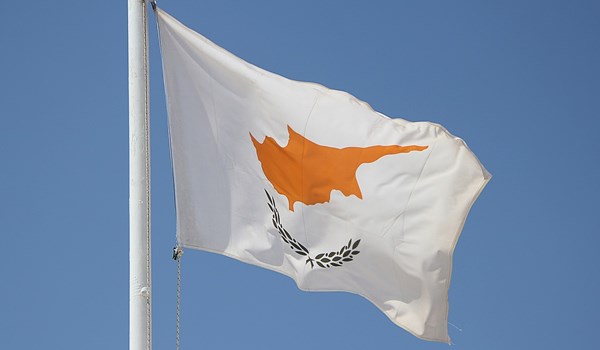The European Commission will next week propose a package of measures to help EU industries stay competitive while they cut their carbon footprint, a draft of the package showed on Tuesday.
European manufacturing is struggling with weak demand, cheaper Chinese rivals and a potential fresh blow from U.S. President Donald Trump’s planned tariffs on steel and aluminium imports.
Here are some of the main elements in a leaked draft of the EU’s ‘Clean Industrial Deal’, which aims to help revitalise Europe’s ailing domestic industries.
ENERGY PRICES
European industries face energy prices up to three times higher than their competitors in the U.S., and Brussels is under pressure to address this to help local businesses compete.
The draft EU document outlined plans for a European Investment Bank scheme to launch by the end of March that would provide guarantees for smaller companies to sign power purchase agreements – helping them to lock in supplies from renewable electricity generators, with predictable prices.
The EIB would also offer support to manufacturers of power grid components to upgrade Europe’s ageing energy networks.
An EU legislative proposal in the fourth quarter of the year would offer fast-tracked permits to energy-intensive industries to help boost investment in clean industrial projects.
Brussels will recommend that the EU’s 27 member countries lower taxes on electricity to the legal minimum limit, to help cut consumer bills in the short term, the draft said.
The Commission also plans to soften the EU’s existing gas storage filling targets, which the EU had planned to extend beyond 2025. That is in response to concerns from Germany and other countries which say fixed deadlines to fill storage risks raising gas prices.
STATE AID, PUBLIC PURCHASING
Businesses could find it easier to obtain state aid and other financial incentives for projects aimed at cutting their carbon emissions, under the EU’s planned measures.
EU governments would be allowed to provide tax breaks for clean industrial investments, through measures such as accelerated depreciation. That allows a business to write off a greater part of the cost of an asset earlier.
Simpler EU state aid rules, due to be published by July, will make these changes, the draft said. The EU will also help countries use national state aid to tackle energy price spikes – which could involve using subsidies to shield consumers from high gas prices.
Despite the EU’s quick expansion of renewable energy, gas typically sets the price of power for many EU consumers.
EU public procurement rules will get a revamp in 2026, adding buy-Europe criteria to boost demand for locally made products.
TRADE AND CO2 COSTS
The draft Clean Industry Deal says the EU will continue to make fast use of anti-dumping or anti-subsidy duties, as industries continue to raise alarm over cheap imports of electric cars and other clean technologies, notably from China.
The bloc’s planned carbon border levy will also get a revamp before it starts collecting fees on imports of steel, cement and other goods in 2026.
The EU plans to simplify the rules to cut the administrative burden it places on industry – potentially scaling back its carbon border levy to just 20% of the companies covered by the scheme, because they account for nearly all of the emissions involved.
The Commission will propose a funding scheme for industrial CO2-cutting projects using revenues from the EU carbon market, the draft said, without specifying how much money will be set aside.



